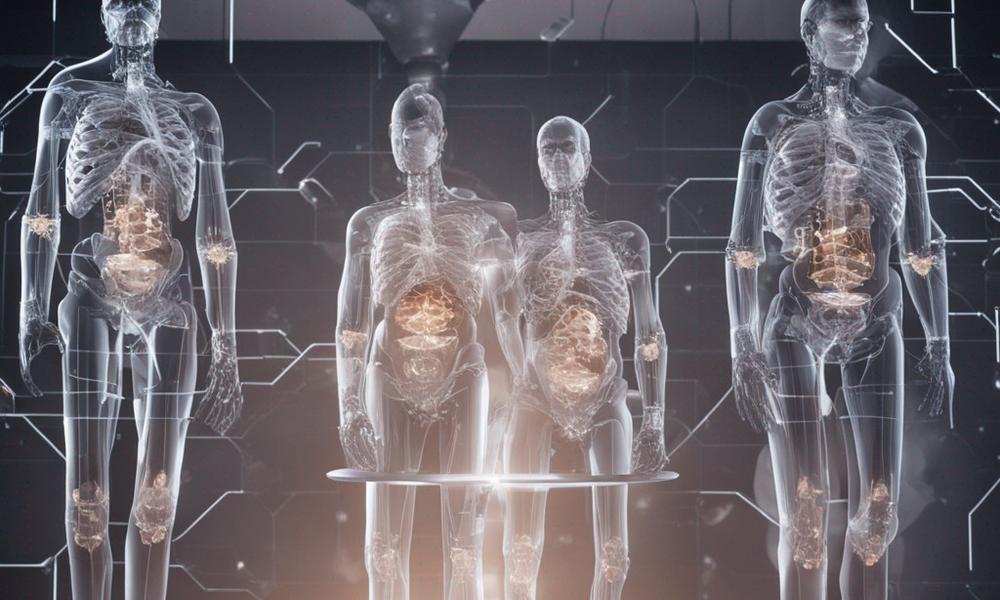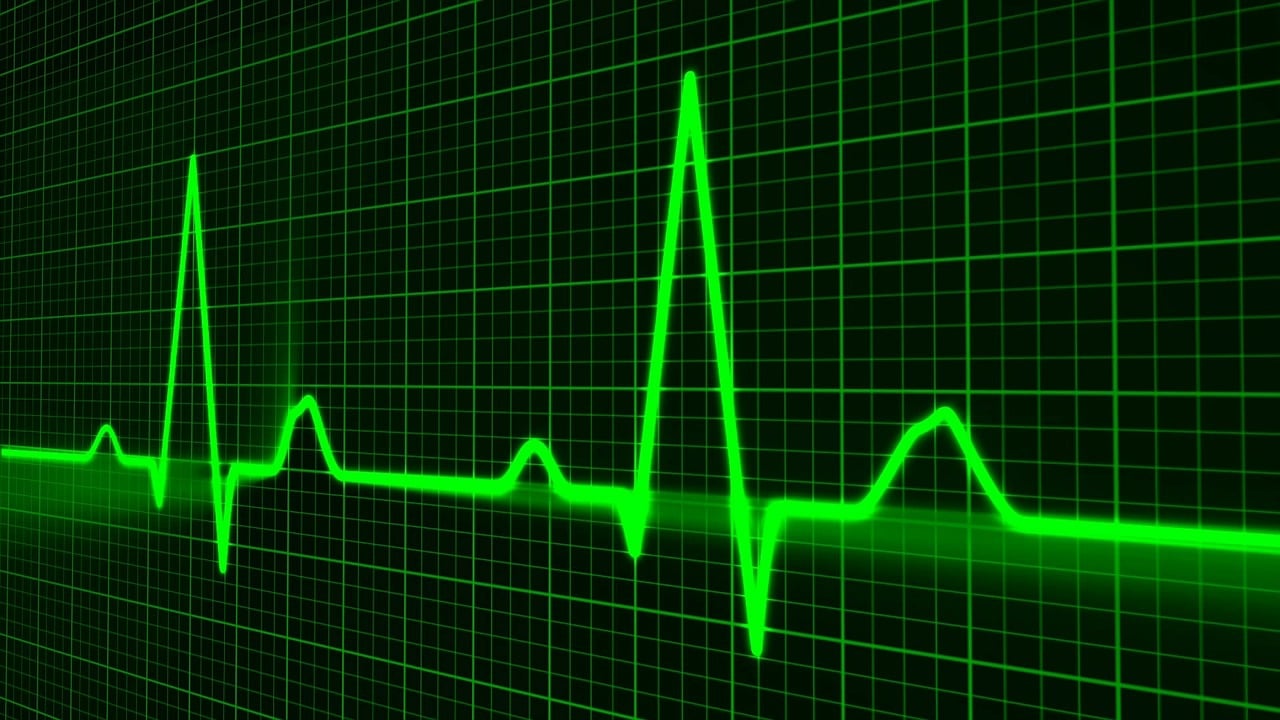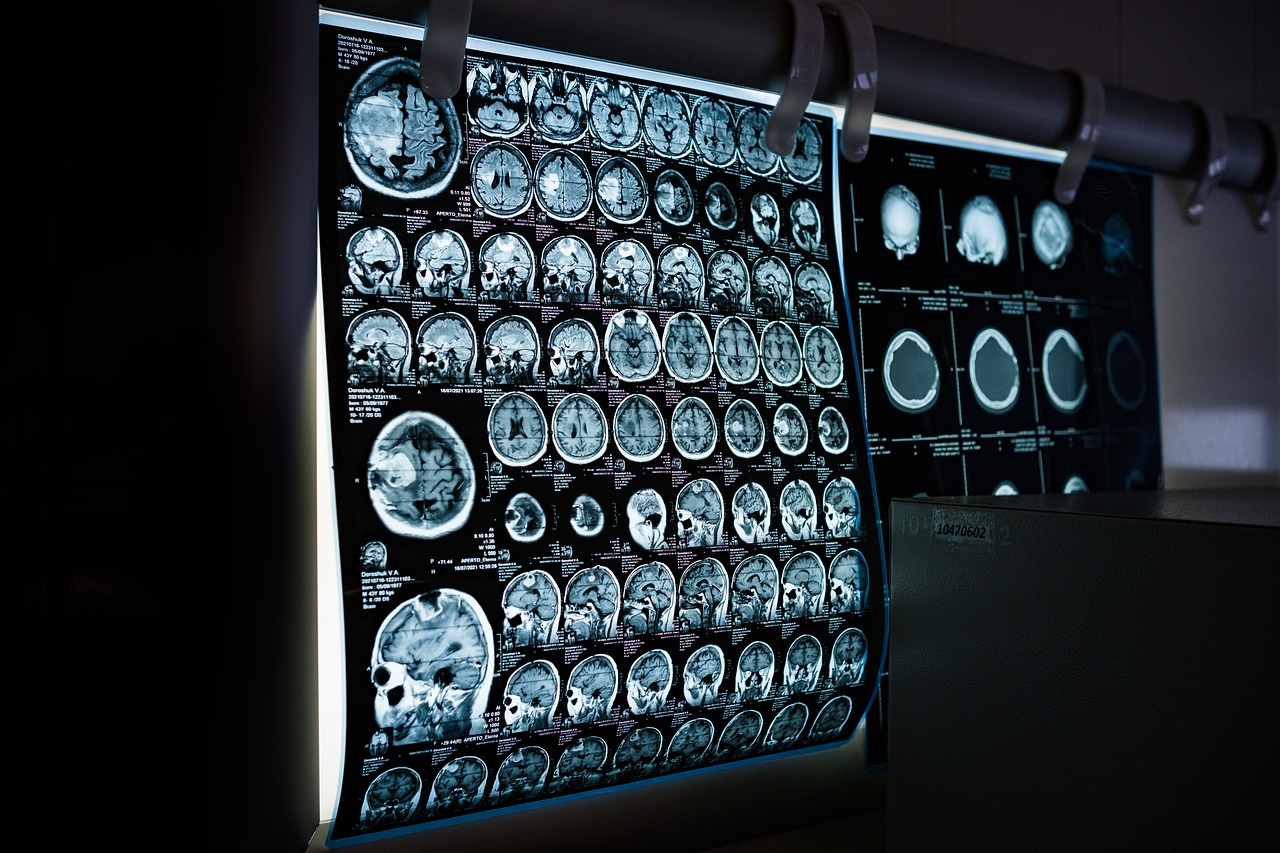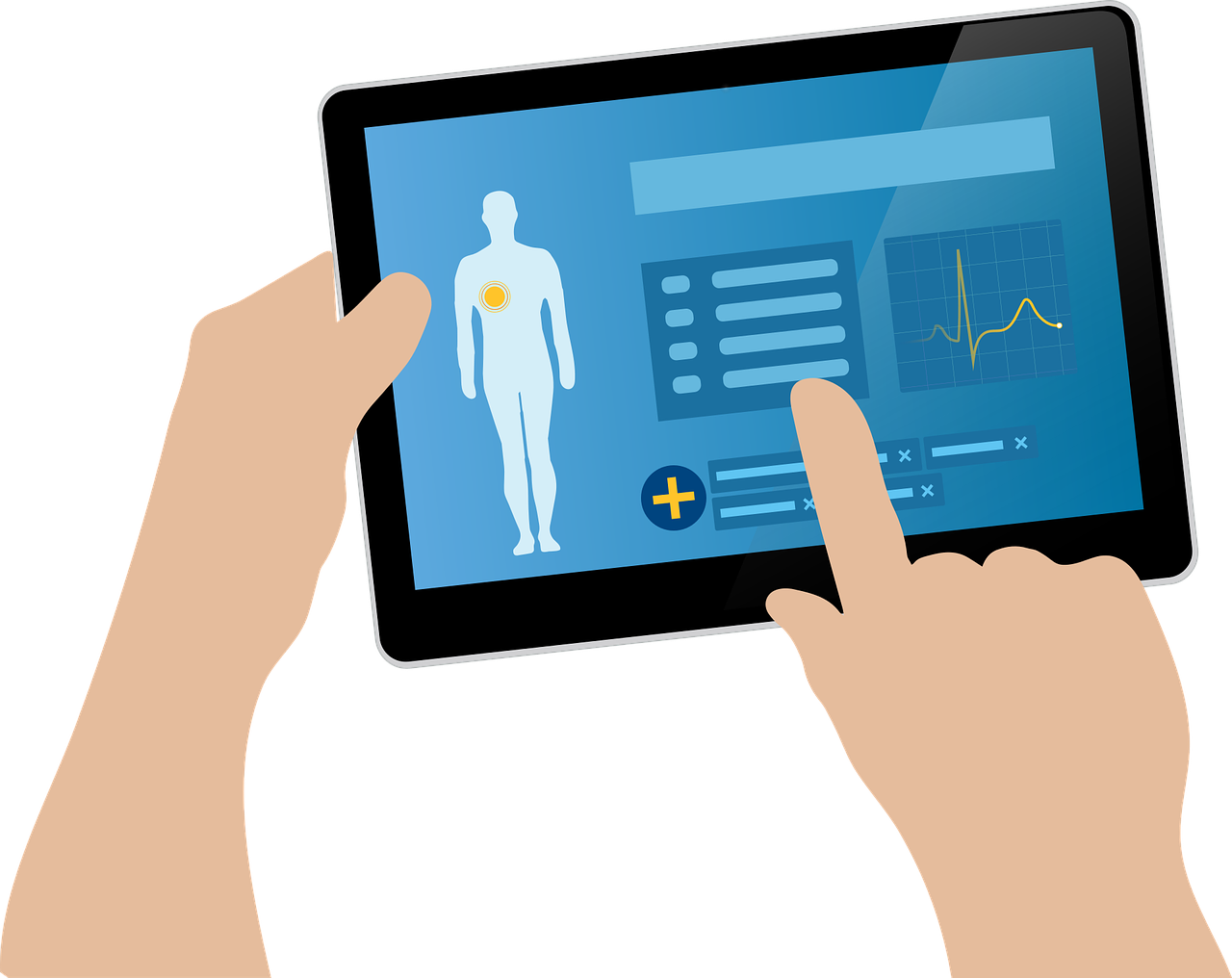AI in Healthcare: Benefits and Applications

From detecting patterns in medical images to predicting patient outcomes and automating administrative tasks, AI applications in healthcare are revolutionizing the medical field, providing substantial benefits to both patients and practitioners. Diagnostic tools, such as deep learning algorithms, are leveraged to analyze vast amounts of data, enabling the early detection of diseases like cancers or neurodegenerative conditions. Machine learning models can help forecast patient outcomes or potential treatment responses, aiding physicians in making informed decisions and personalized treatment plans. Furthermore, AI has considerable application potential for automating administrative tasks. AI chatbots, for instance, have shown their potential in simplifying healthcare processes like scheduling appointments, communicating patient vitals, or answering basic medical queries, thereby accelerating workflow and increasing efficiency. In summation, the broad array of AI applications in healthcare is revolutionizing treatment approaches, enhancing patient care, and reducing the cost and time of diagnostic and administrative processes.
AI Diagnosis Tools

One of the remarkable ai applications in healthcare is AI Diagnosis Tools, which leverage machine learning and advanced algorithms to provide early detection and diagnosis of diseases with higher accuracy rates than human doctors in some cases. For example, Google's DeepMind Health AI was able to predict 50 different types of eye diseases by analyzing retinal scans with 94% accuracy. The resultant quick diagnosis aids timely intervention, reducing fatalities and improving patient outcomes. Similarly, IBM’s Watson AI can analyze a patient's medical history, compare it with a vast array of medical literature and databases to recommend treatment plans for complex conditions like cancer, at a pace that outstrips human capacity. The efficiency of these AI diagnosis tools can significantly cut down healthcare costs, minimize potential human diagnostic errors and allow healthcare professionals to focus on patient care and critical decisions. These transformative tools are setting up a new era in healthcare, opening up possibilities for predictive, preventive, personalized, and participatory care. Therefore, AI-driven diagnostic tools are a powerful conduit for improved healthcare delivery, demonstrating the immense potential of AI applications in healthcare.
AI in Patient Monitoring

One essential aspect of AI applications in healthcare is patient monitoring, a task that AI can perform incessantly and accurately. In conditions like diabetes, heart disease, and sleep disorders where constant surveillance is necessary, AI can make a significant difference. Glucose monitoring devices, for instance, use smart algorithms to predict changes in blood sugar levels, alerting patients in real time about potential hypo or hyperglycemia, which significantly reduces complications. Cardiologists use AI-powered tools to track patients' heart activities remotely, collecting insights that help doctors detect irregularities before they become life-threatening. Further, sleep tracking applications monitor sleep patterns, enabling immediate intervention in sleep disorders. Artificial intelligence has also opened up possibilities in remote patient monitoring, bringing healthcare to home, particularly benefiting the elderly and those in rural areas. Overall, these innovative AI applications in healthcare are making patient monitoring more proactive, preventive, and personalized, thereby revolutionizing healthcare delivery.
AI in Drug Discovery

One of the most powerful AI applications in healthcare is harnessing cutting-edge technology for drug discovery, significantly speeding up a process that typically takes years. With AI's advanced machine learning capabilities, scientists can analyze large genomic datasets much faster than ever before, predict potential drug candidates, and identify treatment impacts on different diseases. For example, Atomwise, a San Francisco-based startup, uses AI to predict the precise binding of a drug molecule with a disease-causing protein. Its AI platform, AtomNet, screens over 10 million compounds each day for potential drug activity, thereby greatly enhancing the selection and validation of potential drug candidates. Similarly, Insilico Medicine, another AI-driven company, uses deep learning for early-stage drug discovery and ageing research. It has successfully identified a potential idiopathic pulmonary fibrosis treatment in just 18 months, a time frame unheard of using traditional techniques. Through these examples, it's evident that AI's role in drug discovery provides revolutionary opportunities for healthcare, transforming exhaustive processes into efficient, accurate, and streamlined tasks. The use of AI in this critical field holds significant potential for creating effective, life-saving treatments in the future.
Utilizing AI for Telemedicine

Leveraging AI applications in healthcare has been transformative, particularly for telemedicine, which has experienced a surge in demand given the need for remote medical services amidst the global pandemic. AI applications serve to streamline telemedicine services, improving both efficiency and accuracy. For example, AI-powered chatbots can meticulously sift through patient history, symptoms, and concerns, before they interact with the healthcare provider, ensuring that the latter is well-equipped with relevant information to guide the teleconsultation. This computational triage reduces wait times and improves patient-doctor interaction. AI algorithms can also analyze real-time data from wearable devices used in remote patient monitoring systems, alerting healthcare providers of any deviations from normal health parameters, thus facilitating prompt intervention. Furthermore, virtual nurses, another prime AI application in healthcare, can provide around-the-clock post-operative care and patient education, reducing readmission rates and improving patients' health outcomes. These innovative uses of AI not only enhance the delivery of health services to remote areas but also help overcome the limitations of a strained healthcare workforce.
Image Analysis with AI

Among the numerous AI applications in healthcare, image analysis represents a revolutionary breakthrough. It transforms the way medical professionals diagnose and treat diseases. AI algorithms, when applied to radiology and pathology images, can identify patterns and abnormalities that could easily be missed by the human eye, significantly improving diagnostic accuracy. For example, Google's DeepMind Health project uses AI to analyze eye scans and detect early signs of age-related macular degeneration and diabetic retinopathy. Another instance is Zebra Medical Vision's AI algorithms that can read CT scans to unearth early signs of lung cancer. Moreover, AI in mammography has paved the way for early detection of breast cancer, greatly increasing the potential for successful treatment. This application of AI in image analysis is not only enhancing the speed and efficiency of disease detection but also the objectivity of diagnoses, reducing false positives and negatives. As the technology continues to improve, the potential for AI in healthcare image analysis grows, promising more precise treatment and better patient outcomes.
AI: Assisting Healthcare Workers

With the continuing advancements in technology, AI applications in healthcare are creating new frontiers in patient care, diagnostics, and treatment. AI assists healthcare workers by handling tasks that are often complex, time-consuming, and prone to human error. For example, machine learning algorithms can sift through vast amounts of data to identify patterns or anomalies, enhancing the precision and speed of medical diagnoses. AI-powered computer vision can assist radiologists in identifying early stages of diseases like cancer in medical imaging, improving survival rates by providing early diagnostic information. Virtual nursing assistants, powered by AI, can monitor patient's condition in real-time, provide timely medical advice, and help in medication management, thereby reducing the workload of nursing staff and optimizing patient care. Furthermore, predictive analytics in AI can forecast potential medical emergencies like heart attack or stroke by analyzing routine health data, enabling preventive intervention. In a nutshell, AI applications revolutionize healthcare by streamlining workflows, enhancing diagnostic accuracy, personalizing treatment plans, and ultimately improving patient outcomes. It’s a harbinger of a new era in healthcare, emphasizing proactive and precision medicine.
Bridging AI and EHR

Integrating AI with Electronic Health Records (EHR) is a key advancement, expanding the potential of myriad AI applications in healthcare. AI algorithms can effectively process, analyze and interpret EHR's big data, producing precise, reliable, and quick diagnoses, thus improving patient care. For instance, Google's DeepMind Health AI has shown its power by flagging potentially life-threatening conditions like acute kidney injury hours ahead of time, by analyzing EHRs. Similarly, IBM's Watson Oncology uses AI to analyze a patient’s EHR data, comparing it against a vast database of clinical literature to suggest treatment options. PathAI, another AI innovator, is working on eliminating errors in pathology by training AI to analyze images and detect anomalies that the human eye might miss. In administrative tasks, AI can be used to automate repetitive tasks in EHR workflows like processing patient admission papers, thus saving clinicians significant time, reducing burnout, and maximizing focus on patient care. As these systems improve with deeper integration between AI and EHR, healthcare outcomes will revolutionize, enabling early disease detection, bold personalized treatment, and more effective use of clinical resources.
Conclusion
AI applications in healthcare are transforming the medical field, providing benefits to both patients and practitioners. Deep learning algorithms enable early disease detection, and machine learning models forecast patient outcomes, aiding in personalized treatment plans. AI's role in drug discovery accelerates the process, while AI in telemedicine streamlines services and improves remote patient monitoring. Image analysis with AI enhances diagnostic accuracy, and AI assists healthcare workers in handling complex tasks. Integrating AI with Electronic Health Records (EHR) expands the potential for precise diagnoses and efficient administrative tasks. Overall, AI's integration in healthcare revolutionizes treatment approaches and improves patient care.
